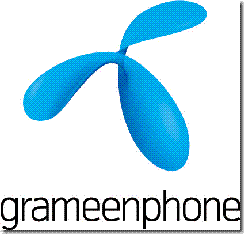The Nigerian president, Umaru Yar’Adua, is reported to have instructed the new board of ailing incumbent telco Nigerian Telecommunications (Nitel) to privatise the firm within the next 60 days.
“The major challenge of the new advisory board is to resuscitate Nitel/Mtel and prepare the two companies for privatisation,” vice president Goodluck Jonathan is quoted as saying. In July Nigeria’s federal government invited bids for a 75 per cent stake in Nitel, after a previous attempt to sell the ailing fixed line operator failed. The sale includes Nitel’s mobile arm Mtel and its submarine fibre-optic cable division SAT-3, which links Africa with Europe and the rest of the world. Interested parties have been invited to submit bids before an October 2 deadline.
The federal government sold a 51 per cent stake in Nitel to local conglomerate Transcorp in 2006, retaining a 49 per cent interest. Since then the telco’s initial 500,000 fixed lines in service have dropped to about 45,000, and has racked up a significant amount of debt.
In February Transcorp was made to start divesting its shareholding in the telco and in March the Bureau of Public Enterprises (BPE) announced it was offering a 51 per cent stake in the fixed line operator and 100 per cent of its mobile unit. In May Nigeria’s anti-corruption police charged the head of Transcorp, Tom Iseghohi and two other employees with fraud for allegedly embezzling around US$110 million belonging to Nitel, revoking the sale of Nitel to Transcorp altogether.







